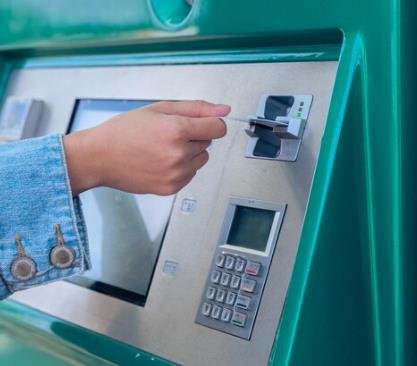A proposed bill redefining the eligibility of organizations to conduct charitable gambling in North Dakota is gaining momentum, sparking both support and criticism. The legislation aims to address the rapid growth of the industry and its financial implications for local communities.
The Senate Judiciary Committee voted 5-2 on Monday to approve Senate Bill 2035. The bill seeks to narrow the definition of “public-spirited organizations,” reshaping the landscape of charitable gambling in the state. With 5,250 electronic pull-tab machines operating across 846 locations as of the end of 2023, the booming sector faces heightened scrutiny.
What’s in the Bill?
The bill proposes a stricter definition of eligible organizations, focusing on entities engaged in scientific research, safety, cultural preservation, or community care. Clubs that primarily benefit members, such as snowmobile and motorcycle groups, would no longer qualify. Additionally, tourism and economic development organizations—many of which depend heavily on gambling revenue—would be excluded.
Critics argue this exclusion could harm local economies. Sheri Grossman, CEO of the Bismarck-Mandan Convention and Visitors Bureau, highlighted the reliance on gambling funds for community events like the Fourth of July fireworks and Mandan Rodeo Days. “Our gaming funds bring visitors to our region, boosting local businesses and attractions,” Grossman said. Without these funds, she warned, many events are at risk.

Who Supports the Bill—and Why?
Proponents, led by Sen. Janne Myrdal, R-Edinburg, say the bill is necessary to prevent abuse and provide clarity. “It’s a big, big money business,” Myrdal noted, emphasising the need for “guard rails” to ensure proper oversight in a rapidly growing industry.
Director of Gaming Deb McDaniel echoed these sentiments, explaining her office frequently receives complaints about nonprofits engaged in gambling. Clearer definitions, she argued, would simplify enforcement and reduce misuse.
The bill’s supporters see it as a step toward better regulation. However, even they admit the definitions may need refinement. Myrdal acknowledged that changes to the language might be required as the bill progresses through the legislative process.
Pushback from Local Leaders
Opposition to the bill has been vocal. Critics like Teran Doerr, executive director of the Bowman County Development Corporation, say the language is overly subjective. She warned it could create unnecessary uncertainty for organizations reliant on gambling revenues.
“Communities across North Dakota depend on these funds,” Doerr explained. She questioned whether the proposed changes adequately balance regulation with community needs, describing the potential fallout as significant.
The Senate Judiciary Committee heard no public testimony in support of the bill. Senators Claire Cory, R-Grand Forks, and Ryan Braunberger, D-Fargo, both voted against advancing it, citing concerns about the bill’s impact on local economies and its unclear definitions.
The Broader Picture: Growth and Regulation
The controversy surrounding Senate Bill 2035 comes as North Dakota’s charitable gambling industry continues to expand, thanks largely to the popularity of electronic pull-tab machines. This growth has brought benefits to communities but also raised questions about who truly benefits and whether the current system is sustainable.
In 2022, charitable gambling generated over $2 billion in revenue statewide, a figure that continues to climb. While this has supported countless community projects, critics argue it has also led to an over-reliance on gambling funds, potentially distorting the original intent of charitable gaming.
The debate over Senate Bill 2035 is far from over. As it moves to the next stages of legislative review, further discussions and revisions are likely. For now, the tension between regulation and community needs underscores the complexities of managing a growing industry with far-reaching implications.
Leave a Reply